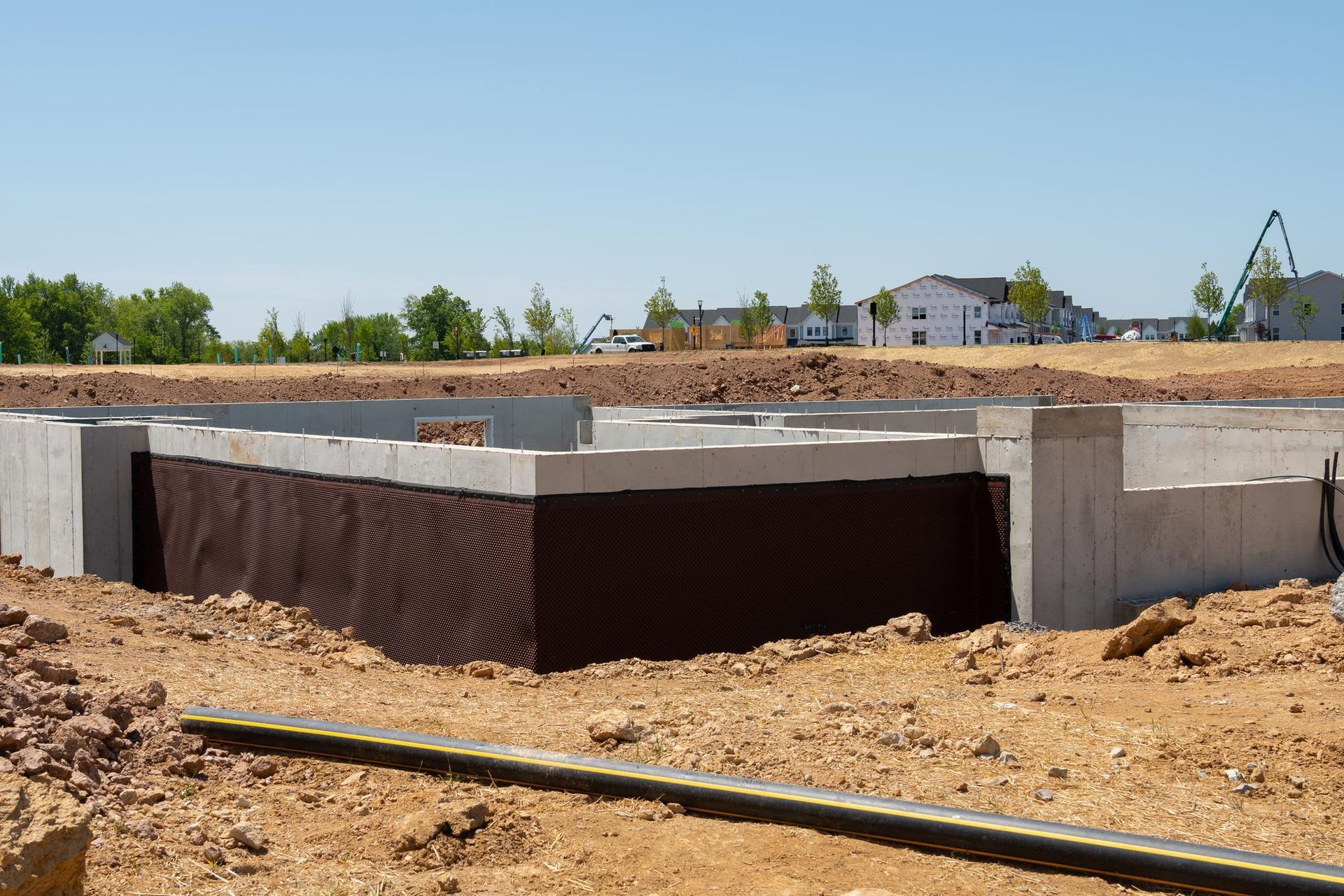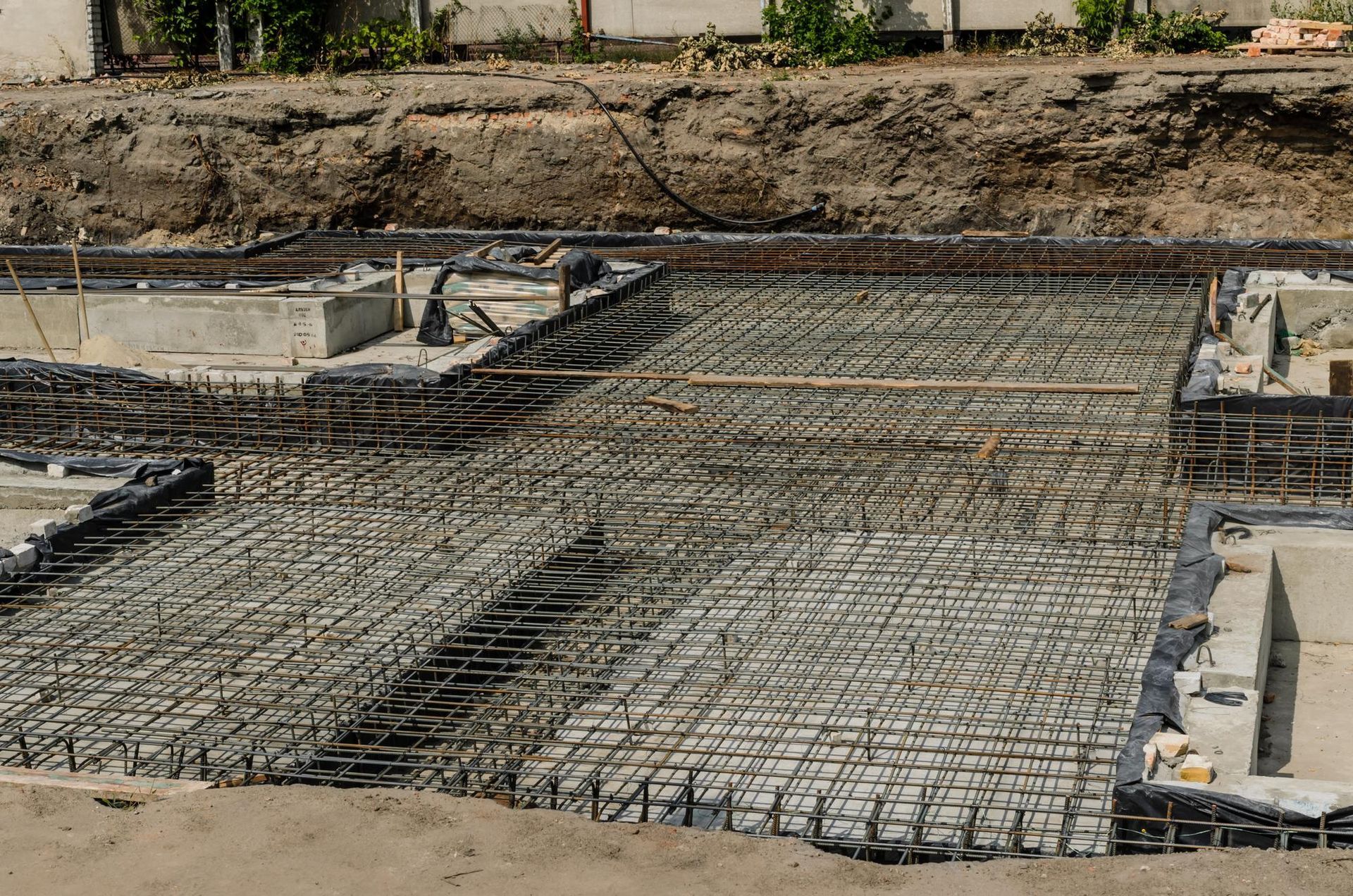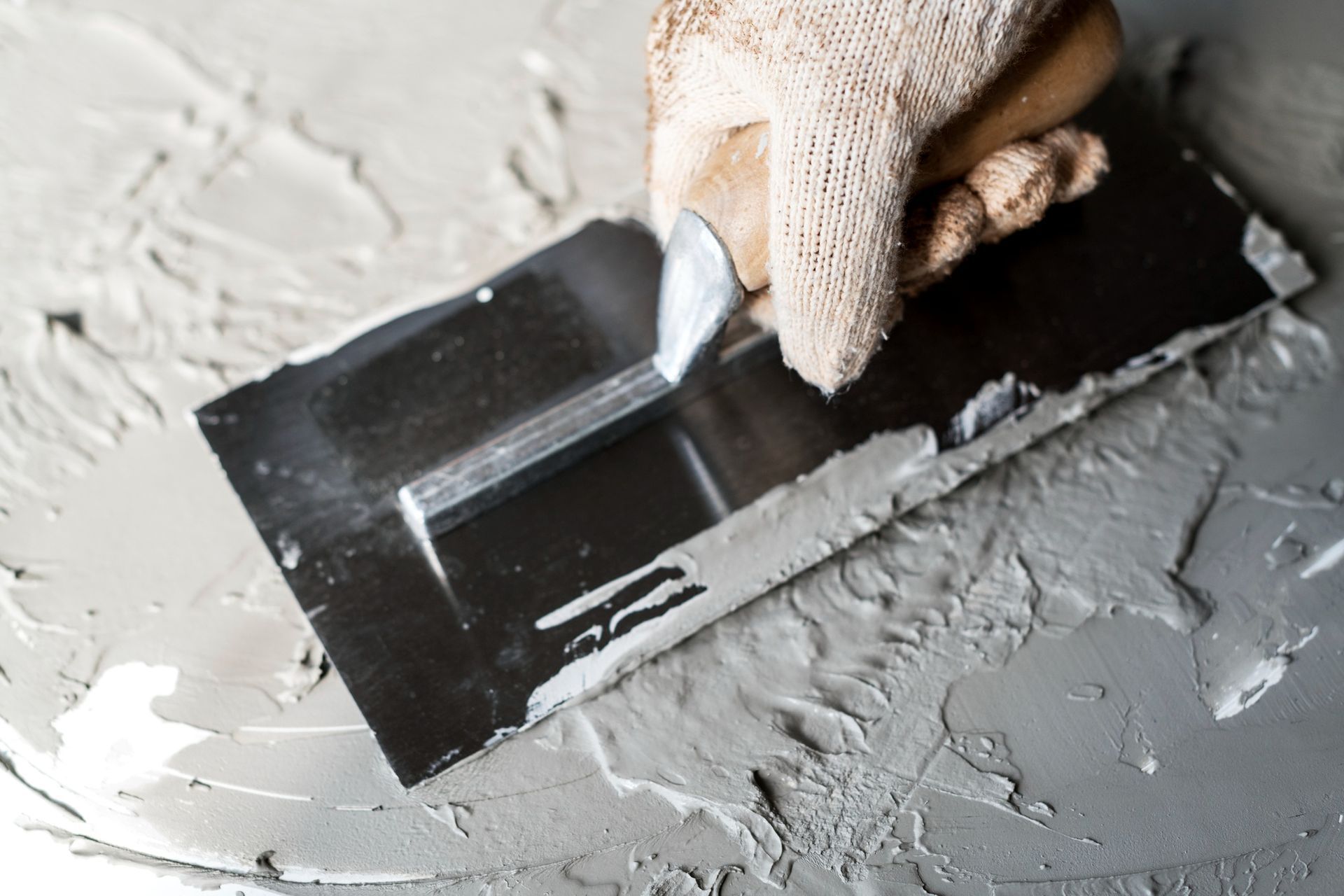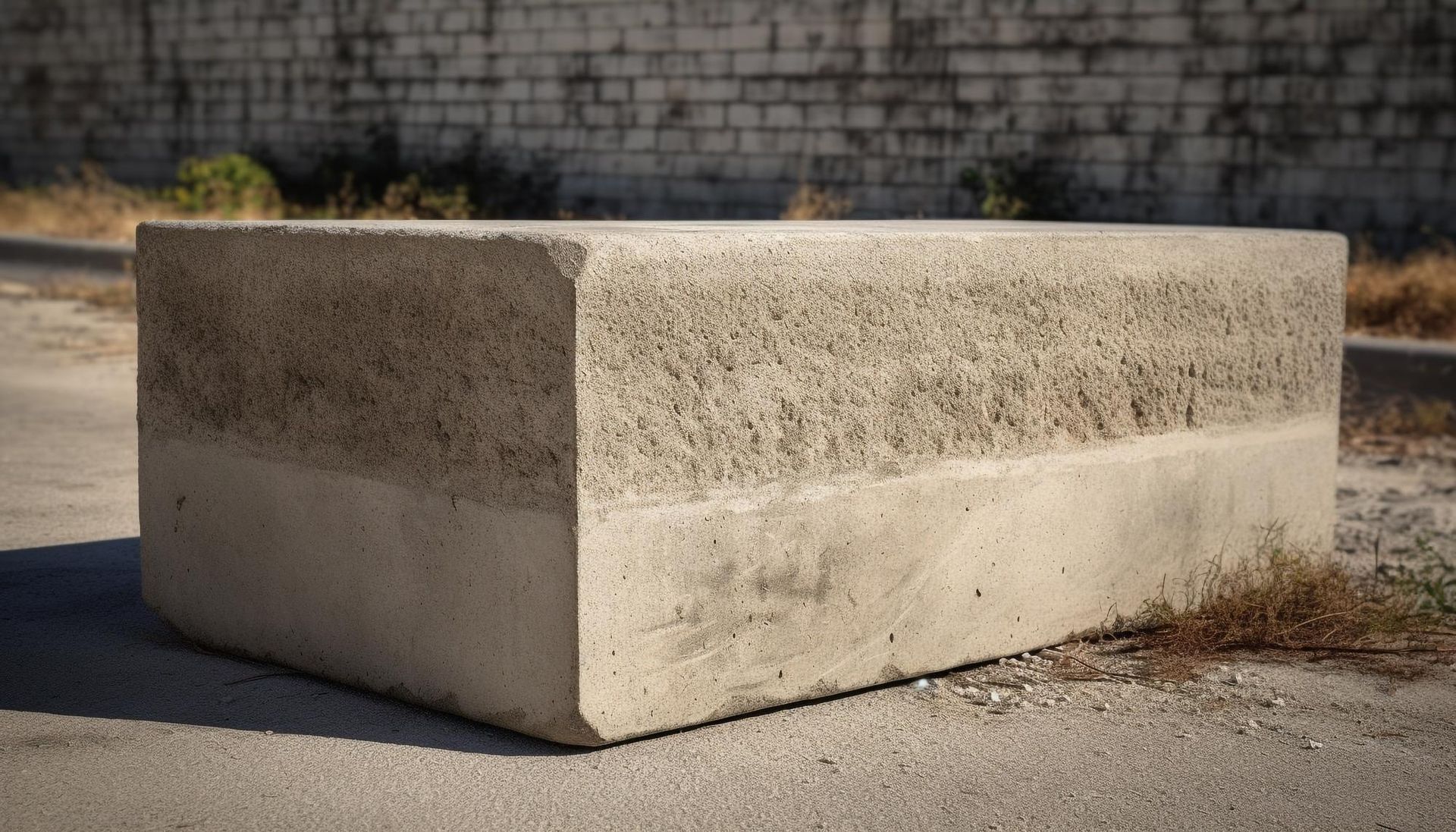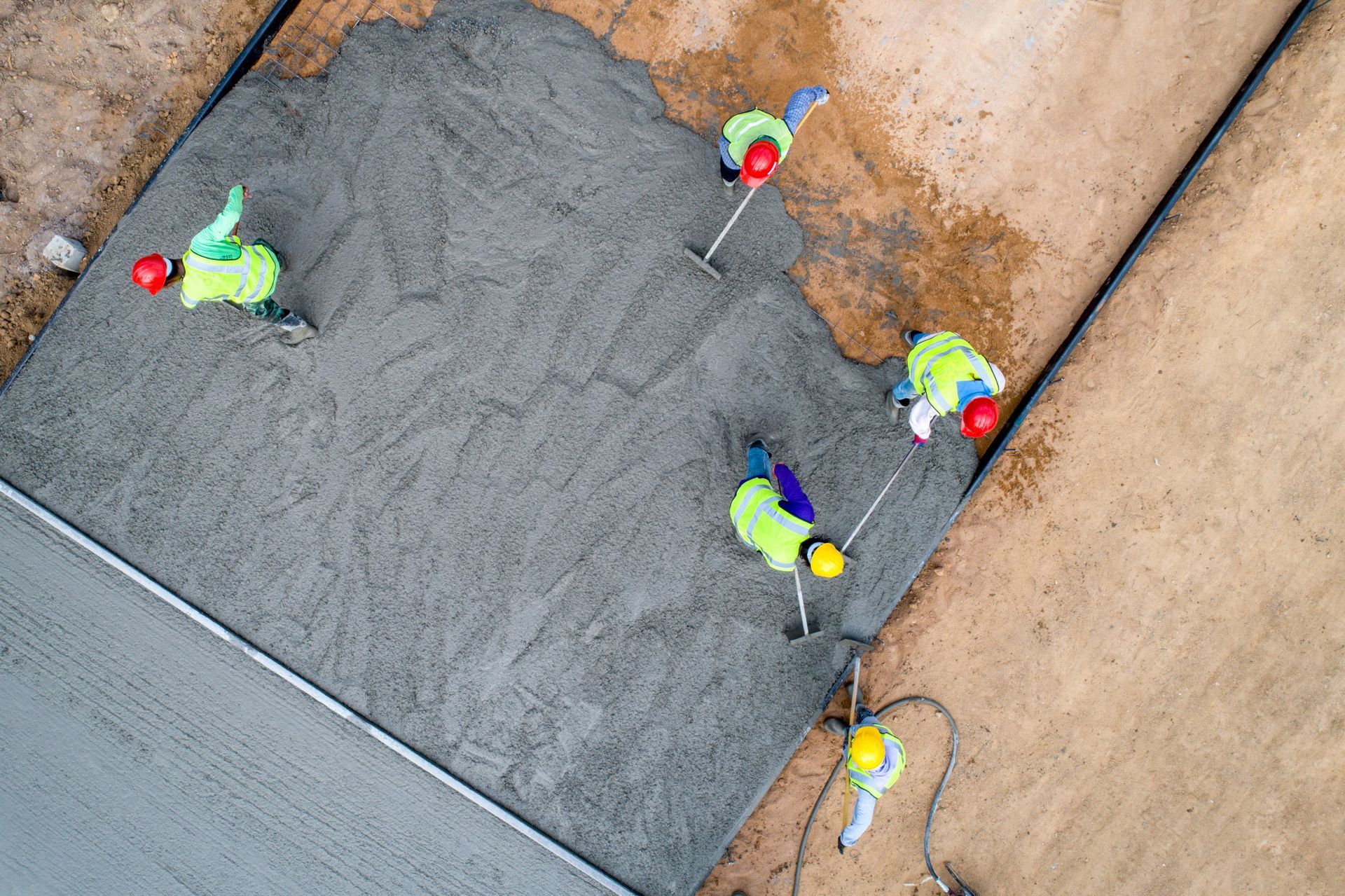Foundation Concrete Contractors: 10 Signs You Urgently Need Them!
Imagine waking up one morning to discover a massive crack sneaking across your home's floor. Or perhaps you've noticed that one side of your house seems to be sinking. It sounds like a scene from a horror movie, doesn't it? But these aren't fictional scenarios. For many homeowners, they're real concerns, and they signify an urgent need for foundation concrete contractors.
The foundation is, quite literally, the bedrock of your home. And if there's an issue with it, you're jeopardizing your entire house's structural integrity. That's why foundation concrete contractors play such a pivotal role. They ensure our homes remain safe and sturdy. But how do you know when to call them in? Let's explore the ten signs that highlight the dire need for these professionals.
Understanding Foundation Concrete Contractors
Foundation concrete contractors aren't just your typical builders. These are specialists who have honed their skills to deal with the intricate issues surrounding a building's foundation. Their main goal? Ensure that your home stands tall and secure, free from any foundational threats.
The 10 Signs You Urgently Need Foundation Concrete Contractors
1. Visible Cracks in the Foundation:
While a minute hairline crack might seem benign, it can be the precursor to larger issues. Over time, these cracks can expand, branching out like a spider web across your floor or walls. Factors like soil movement, excessive moisture, or poor construction can contribute to these cracks. It's essential to monitor their growth. Horizontal cracks or those that are wider at the top than the bottom can be particularly worrisome. If left unchecked, they can compromise the overall strength of your home, which is why calling foundation concrete contractors at the earliest sign of trouble is vital. They can assess the severity, determine the root cause, and suggest appropriate repair methods.
2. Uneven or Sloping Floors:
Walking across your home, you might feel a slight tilt or slope in certain areas. This isn't just an inconvenience; it's a clear sign that your foundation is experiencing issues. Uneven floors can result from soil settling beneath the foundation unevenly or from issues with the beams and joists that support the floor. Over time, this can lead to increased pressure on one part of the house, leading to a slew of other problems, such as misaligned doors or wall cracks. Using tools like a level can help homeowners detect even subtle slopes. However, only a detailed assessment by foundation concrete contractors can truly pinpoint the cause and severity.
3. Doors and Windows that Stick or Don't Close Properly:
A door that jams or a window that's suddenly tough to shut isn't just a carpentry problem. Often, these are early warning signs of a shifting foundation. As the foundation moves, it can distort the frame of the house, causing misalignment in doors and windows. You might also notice gaps around the door or window frame or even cracks extending from the corners of window and door openings. If these symptoms are left untreated, the shifting can escalate, leading to more pronounced structural issues. Foundation concrete contractors can assess if the sticking doors or windows are due to foundational problems and suggest solutions to realign your home.
4. Bowed or Leaning Walls:
When walls start to bend inwards or lean to one side, it's not a good sign. This usually means there's pressure from the outside pushing against them. This can happen if there's too much soil piled against the wall or if water builds up against your house after rain. When the ground gets wet, it expands and pushes against the walls. Over time, this can cause them to bow or lean. It's a clear signal that your foundation is in trouble and needs checking by foundation concrete contractors.
5. Gaps between Walls, Ceilings, and Floors:
If you start seeing spaces opening up where your wall meets the ceiling or floor, be alert. This means your house is moving. It's not just shifting side to side but might be lifting or dropping in places. Such gaps can also let in drafts, making your home less energy-efficient, leading to higher energy bills. Plus, these gaps can become entry points for pests like bugs or mice. Having foundation concrete contractors check these gaps can help understand the real problem and fix it before it gets worse.
6. Water Intrusion or Moisture in Basements:
Water or damp spots in the basement are a big warning. While a single wet spot could be from a spill or a small leak, regular dampness or pooling water often points to a bigger issue. Your foundation might have cracks, letting in water from the outside. This is especially common after heavy rains. Besides just making the basement wet, this moisture can lead to mold growth, which is bad for your health. It's also a sign that the protective barriers outside your foundation might be failing. Foundation concrete contractors can find where the water's coming from and recommend how to stop it.
7. Popping Sounds from Walls or Floors:
Sometimes, you might hear odd popping or cracking noises from your walls or floors. It's not just the regular sounds a house makes. These noises can be a sign that parts of your house are moving more than they should. When the foundation shifts, it can cause strain on the materials in your home, leading to these popping sounds. It's like the sound you hear when you bend a plastic ruler – only it's your house making that noise. If you're hearing these often, especially if combined with other signs, it's a good idea to call foundation concrete contractors to take a look.
8. Sinking or Settling Foundation:
Imagine one corner of your house slowly sinking into the ground. That's what happens when you have a sinking foundation. You might notice it first by seeing that one side of your house looks lower than the other. Or maybe rainwater starts pooling in a new spot near your foundation. This sinking happens because the ground under your home isn't supporting it evenly. It might be due to soil that's too wet or too dry, or just soil that's been moved around too much. Left unchecked, this can cause a lot of damage to your whole house. Foundation concrete contractors can help by lifting and stabilizing the sinking part.
9. Upheaval of the Foundation:
Upheaval is the opposite of sinking. Instead of one part dropping, a part of your foundation is pushing upwards. You might see cracks in the floor, or doors might start to jam because the frame is being pushed out of shape. Often, upheaval is caused by the soil below expanding. This can be due to too much moisture in the ground, making it swell up. Just like with sinking, upheaval can cause a lot of problems if not fixed. Foundation concrete contractors can check what's causing the upheaval and find ways to fix it.
10. Unexplained Gaps or Spaces around Exterior Walls:
When you walk around the outside of your house, you might notice gaps or spaces forming where the walls meet the ground. It's like your house is pulling away from the soil. This isn't normal wear and tear. These gaps can be caused by changes in the soil around your foundation. For example, if the soil gets too dry, it can shrink, leading to these gaps. On the other hand, too much water can cause the soil to wash away. Over time, these spaces can get bigger, letting in water, bugs, or even small animals. These gaps can also let out heat in the winter or cool air in the summer, affecting your energy bills. If you see these spaces growing or appearing suddenly, it's time to get in touch with foundation concrete contractors. They can look at the gaps, understand what's causing them, and suggest the best way to fix the problem.
The Risks of Ignoring These Signs
Think you can wait another month? Or perhaps even a year? Think again. Ignoring these signs can lead to catastrophic structural failures, causing not just financial strain but also posing significant safety risks. Overlooking the early warnings can also diminish your property's value and lead to health issues from mold or mildew. It's clear: foundation problems aren't something to delay.
The Process of Hiring Foundation Concrete Contractors
Once you've spotted one or more of these signs, it's essential to act swiftly. Look for foundation concrete contractors with good reviews and proven experience. Ask them about their previous projects and ensure they're licensed. It's not just about fixing the current issue but also ensuring that future problems are averted.
Conclusion
Your home is more than just a shelter; it's a haven, an investment, and a cherished space. Ensuring its safety and stability is paramount. Foundation concrete contractors are your frontline defense against severe structural issues. If you notice any of the signs mentioned above, don't hesitate. Seek professional help and safeguard your home's future.
For those keen on diving deeper or seeking professional assistance, numerous online platforms provide listings and reviews of trusted foundation repair professionals. However, for residents of North Collins, NY, there's no need to look any further.
Bri-Mic Construction, Inc. stands out as the premier service provider in the region. With our extensive experience and commitment to ensuring homeowners have sturdy, safe foundations, we are here to address all your concerns. Give us a call at
716-337-0500 to discuss any issues you might be facing. Remember, when it comes to the safety and longevity of your home, knowledge is power and choosing the right professional makes all the difference. With Bri-Mic Construction, Inc., you're in safe hands.

